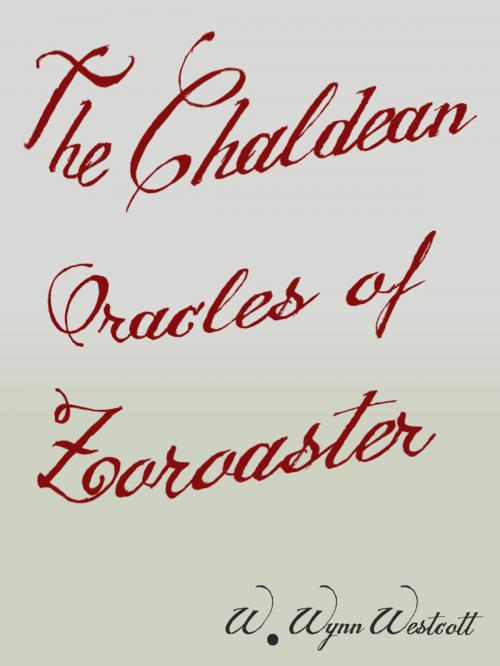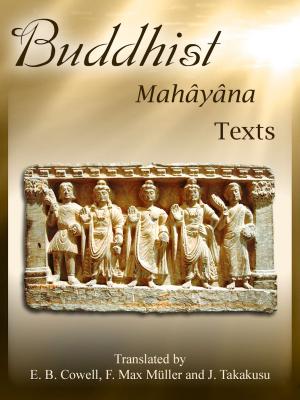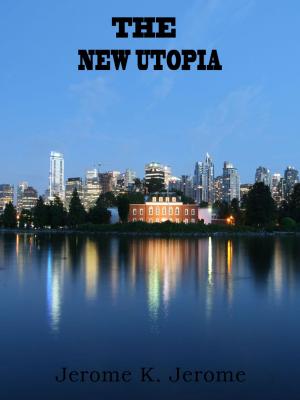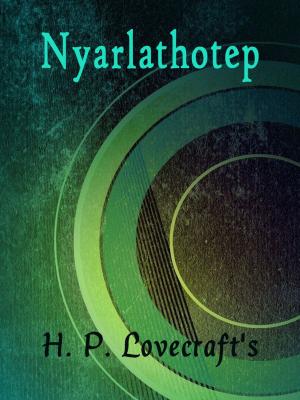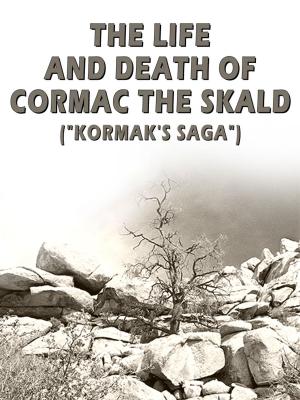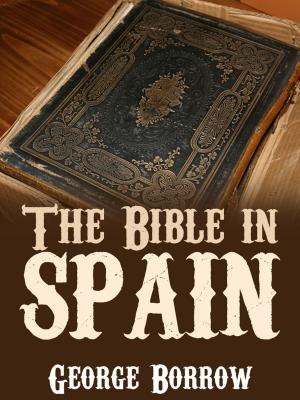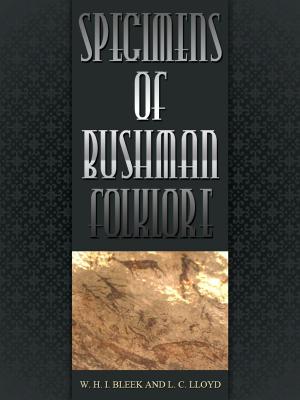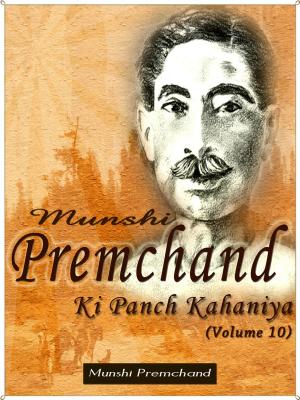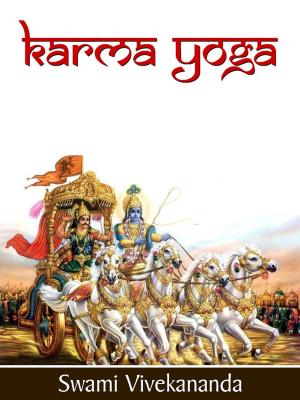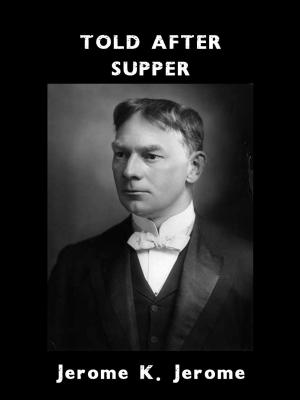The Chaldean Oracles Of Zoroaster
Nonfiction, Religion & Spirituality, Middle East Religions, Zoroastrianism, New Age, Mysticism, Fiction & Literature, Religious| Author: | W. Wynn Westcott | ISBN: | 1230000037066 |
| Publisher: | AppsPublisher | Publication: | December 5, 2012 |
| Imprint: | Language: | English |
| Author: | W. Wynn Westcott |
| ISBN: | 1230000037066 |
| Publisher: | AppsPublisher |
| Publication: | December 5, 2012 |
| Imprint: | |
| Language: | English |
The Chaldæan Oracles of Zoroaster
by W. Wynn Westcott
"Attributed to, but probably not of Chaldean origin; not oracles (in the sense of prophecies); and definitely not Zoroastrian; this is a famous collection of aphorisms cherry-picked from classical sources. The earliest editions of the COZ were published during the renaissance, when Chaldea was a land of mystery to Europeans. Many of the cryptic 'Oracles' seem to reflect Neo-Platonism, the Kabbalah and Gnostic views, which would have been considered heretical at the time. Claiming an ancient Chaldean origin might simply have been a flag of convenience.
The main text here was translated by the 19th century Neo-Platonist Thomas Taylor, and I.P. Cory in his Ancient Fragments. This edition was published and introduced by the Theosophist W. W. Westcott in his series Collectanea Hermetica in 1895. Despite the twisted background of this text, it has a definite resonance which students of the Esoteric will enjoy. Indeed, W.B. Yeats, who moved in Theosophical circles, was an admirer of this text."
The Chaldæan Oracles of Zoroaster
by W. Wynn Westcott
"Attributed to, but probably not of Chaldean origin; not oracles (in the sense of prophecies); and definitely not Zoroastrian; this is a famous collection of aphorisms cherry-picked from classical sources. The earliest editions of the COZ were published during the renaissance, when Chaldea was a land of mystery to Europeans. Many of the cryptic 'Oracles' seem to reflect Neo-Platonism, the Kabbalah and Gnostic views, which would have been considered heretical at the time. Claiming an ancient Chaldean origin might simply have been a flag of convenience.
The main text here was translated by the 19th century Neo-Platonist Thomas Taylor, and I.P. Cory in his Ancient Fragments. This edition was published and introduced by the Theosophist W. W. Westcott in his series Collectanea Hermetica in 1895. Despite the twisted background of this text, it has a definite resonance which students of the Esoteric will enjoy. Indeed, W.B. Yeats, who moved in Theosophical circles, was an admirer of this text."
